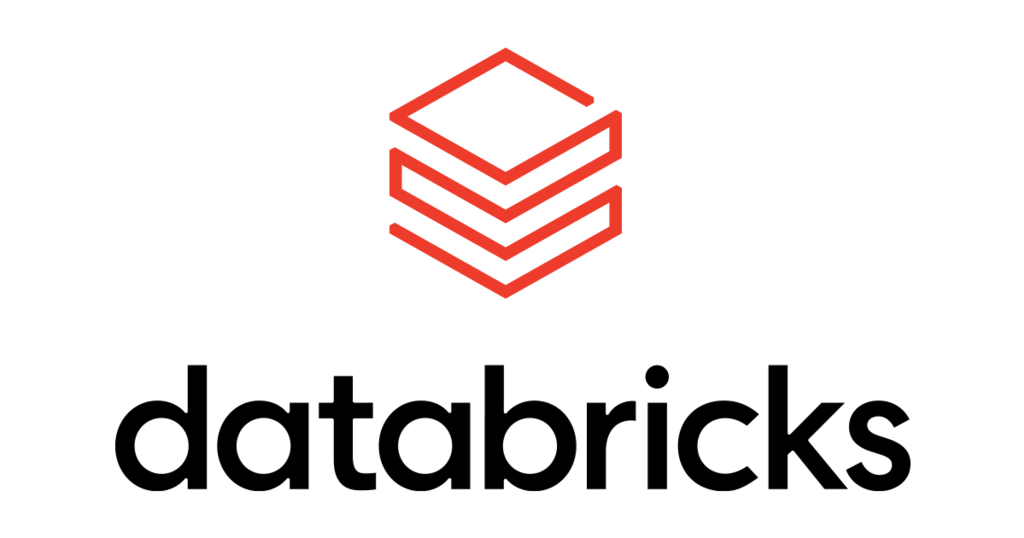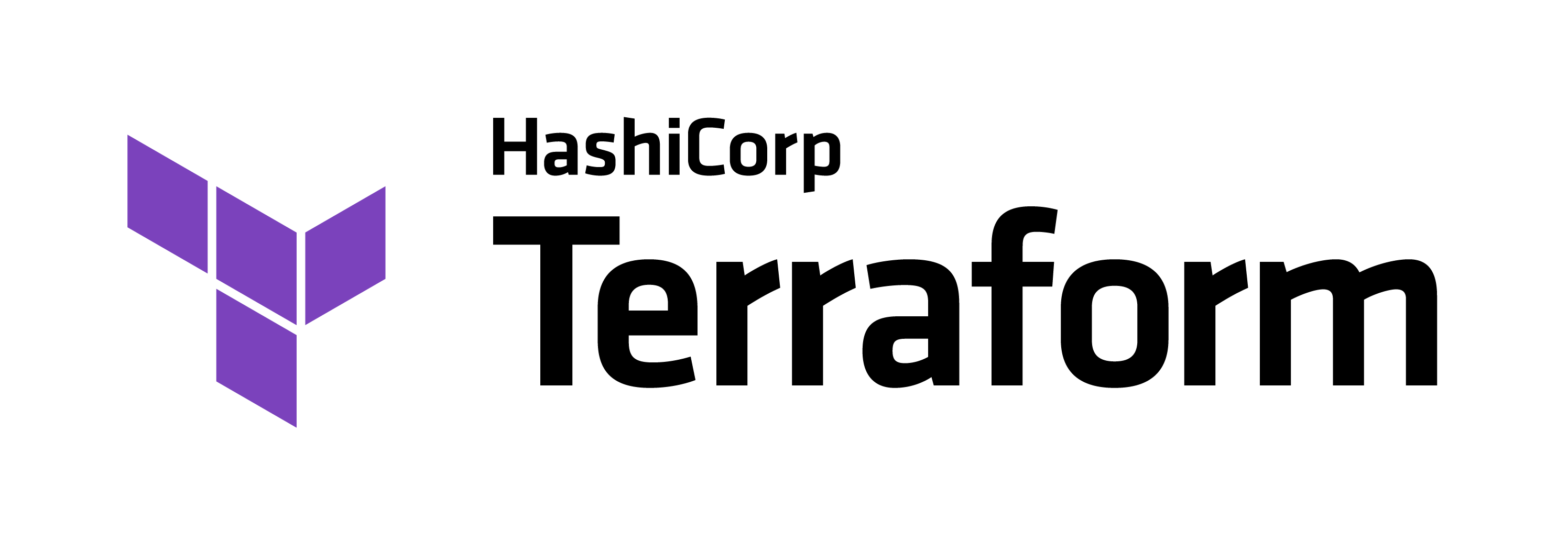Our team often finds that one of the most significant challenges our clients face is deciding on the right data strategy. It is extra challenging with today’s data landscape which offers a plethora of choices, clouds, and patterns, each with its unique strengths and challenges.
Starting with the right pattern is important and you may be considering approaches such as a data warehouse, a data lake, or perhaps the newer data lakehouse. Let’s have a high level look these three patterns and maybe we can help you navigate a start to your data strategy.
The Structured World of Data Warehouses
A data warehouse is a foundational component of business intelligence, optimized for reporting and data analysis. It’s a repository for structured, cleaned, and integrated data that’s ready for use.
Pros of Data Warehouses:
Structured and Organized: With a schema-on-write approach, data warehouses provide a high level of structure and organization.
Performance: Optimized for complex queries and vast volumes, data warehouses ensure swift data retrieval.
Cons of Data Warehouses:
Limited Flexibility: They grapple with unstructured or semi-structured data.
Cost and Complexity: Scaling and maintenance can be costly, and the ETL (Extract, Transform, Load) process can be complex and time-consuming.
The Flexible Ecosystems of Data Lakes
A data lake is a flexible, expansive repository storing data in its raw, unprocessed form, regardless of whether it’s structured, semi-structured, or unstructured.
Pros of Data Lakes:
Flexibility: The ability to store any data type is one of data lakes’ biggest selling points.
Schema-on-Read: Data can be stored first, and the schema can be applied when reading the data.
Scalability: Designed to handle massive data volumes, data lakes scale out, often leveraging cost-effective cloud storage.
Cons of Data Lakes:
Complexity: Without proper data governance, data lakes can turn into “data swamps.”
Performance: They may lag behind data warehouses when it comes to complex queries.
The Hybrid Approach of Data Lakehouses
A data lakehouse is a newer, hybrid architecture that marries the best elements of data lakes and data warehouses.
Pros of Data Lakehouses:
Unified Platform: Lakehouses provide a platform for all analytics types, from dashboards to machine learning.
Supports All Data Types: Like data lakes, they handle all data types.
Performance: Incorporating data warehouse technologies like indexing and caching, they provide similar performance levels.
Cons of Data Lakehouses:
Maturity: Being newer, lakehouses might not be as mature or have as many tool integrations as traditional data warehouses or data lakes.
Complexity: Achieving the desired balance of performance, flexibility, and cost-efficiency requires careful architecture and planning.
Learn More
The choice between a data warehouse, data lake, or data lakehouse depends on your specific use case, data nature, your team’s skills, and your performance needs. It’s essential to understand the trade-offs and make an informed decision based on your organization’s unique requirements.
At Sakura Sky, we bring deep expertise in all three data strategies. Whether you’re contemplating which direction to take or need help optimizing your existing data architecture, our team is here to help. We believe in empowering our clients with knowledge and the right tools, ensuring that you get the most out of your data.
Contact us to learn more.






